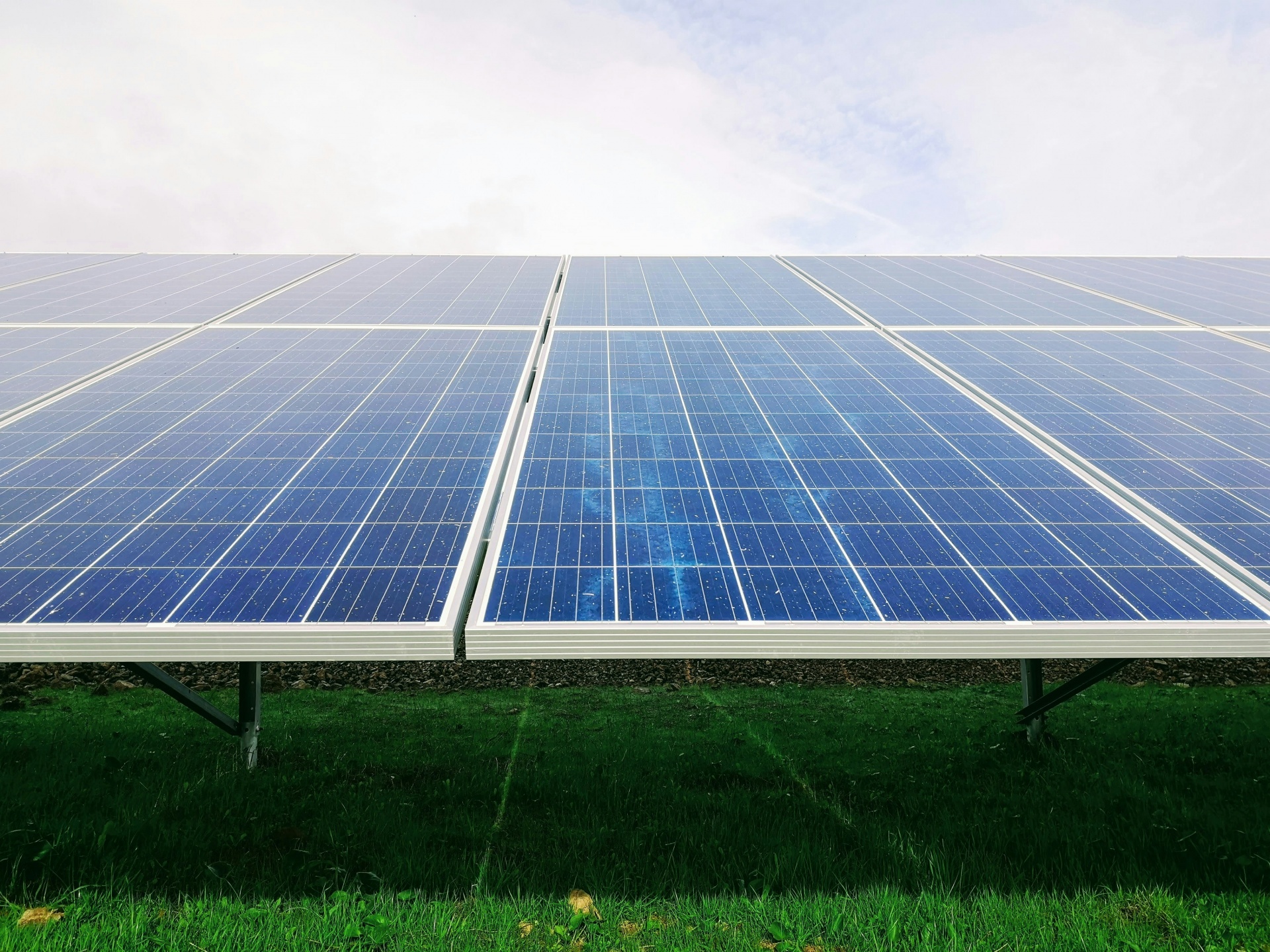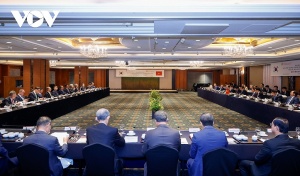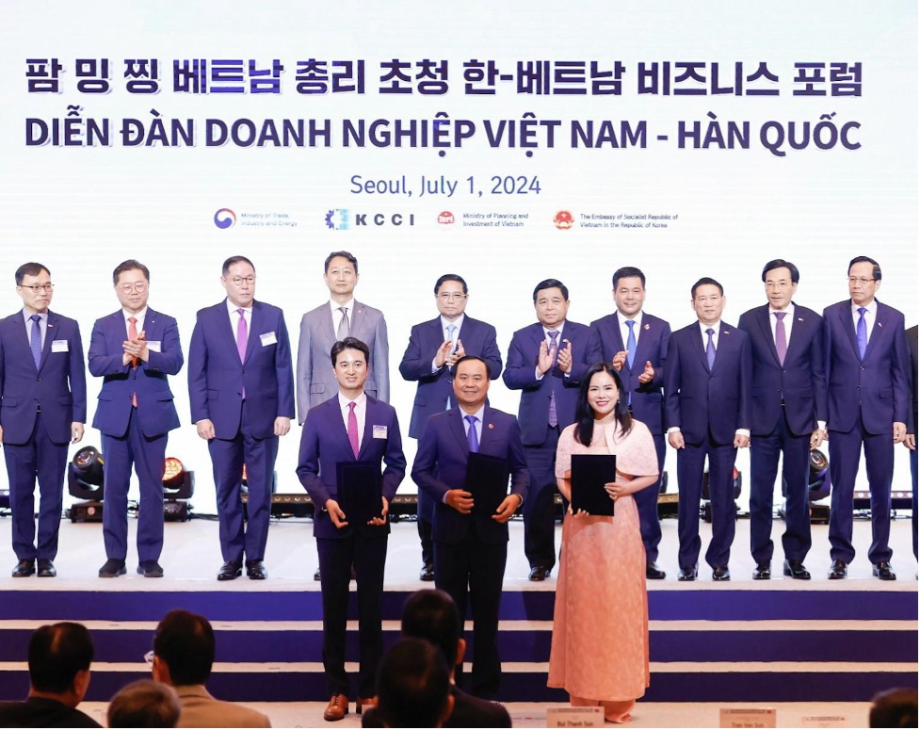Vietnam authorises DPPA for rooftop solar and biomass projects
 |
The decree, announced on July 3, outlines a mechanism for direct power transactions between renewable energy producers and major electricity consumers. This initiative aims to enhance flexibility and competition in Vietnam's energy sector.
The government allows direct power sales through two methods: private power lines and the national grid. For private power lines (bypassing EVN), renewable energy producers, including solar, wind, small hydro, biomass, geothermal, ocean wave, tidal, marine current, and rooftop solar systems, can participate. These projects are not restricted by capacity, but must possess or be exempt from an electricity operation licence.
Waste-to-energy is currently excluded from this mechanism due to unclear classification as renewable energy, but it may be included in the future upon approval from relevant authorities.
For private line transactions, renewable energy producers and large consumers will sign purchase agreements with mutually agreed terms and prices. Excess electricity can be sold back to EVN under specific contracts detailing capacity, output, and pricing.
Consumers can purchase electricity directly from renewable producers, National Power Transmission Corporation, or other retail electricity entities apart from EVN.
Vietnam has over 103,000 rooftop solar projects with a total installed capacity exceeding 9,500MW.
According to the country's Power Development Plan VIII, this figure is set to increase by an additional 2,600MW by 2030, or cover 50 per cent of government and residential buildings.
Allowing rooftop solar to participate in direct power purchase agreements will address regulatory hurdles and complement policies for self-produced, self-consumed solar power currently being drafted by the Ministry of Industry and Trade (MoIT).
Additionally, the decree stipulates that wind and solar projects must have a capacity of over 10MW to engage in direct power sales via the national grid.
For national grid transactions, the decree clarifies the sale of electricity through the spot market and via the National Power Transmission Corporation. Spot market prices are determined by the total market price of electricity during each transaction cycle, combining energy and capacity market prices in the wholesale market.
In both scenarios, consumers must be entities or individuals using electricity for production at a voltage level of 22kV or higher, with an average monthly consumption of at least 200,000kWh. This threshold is lower than the previous draft's 500,000kWh requirement.
According to surveys by power corporations, 30 per cent of large customers use more than 500,000kWh, while over 7,700 customers, or 36.5 per cent of total electricity consumption, use 200,000kWh or more.
Retail electricity units in industrial, economic, and export processing zones must have a licence to operate in the retail electricity sector, with a monthly purchase volume of 200,000kWh or more, and connect at a voltage level of 22kV.
The DPPA mechanism has been advocated by foreign-invested enterprises for its potential to enhance competition in the energy sector.
The MoIT first proposed a DPPA pilot scheme nearly three years ago, with an initial pilot capacity of 1,000MW, attracting interest from major corporations like Samsung.
A year-end survey by the Ministry revealed that approximately 20 large enterprises are keen on direct power purchases, with a combined demand of nearly 1,000MW. Concurrently, 24 renewable energy projects with a capacity of 1,773MW are looking to sell electricity via DPPA, while 17 projects with a capacity of 2,836MW are considering participation.
 | South Korean conglomerates seek investment framework for wind and gas energy At a forum in Seoul on July 1, leaders of some South Korean conglomerates expressed their desire for the Vietnamese government to establish mechanisms and provide legal and financial support to facilitate investments and the completion of wind and gas power projects. |
 | SK E&S, T&T Group to co-develop green energy in Quang Tri SK E&S, T&T Group, and Quang Tri province signed an MoU on investment, trade, energy transition, and green growth at the Korea-Vietnam Business Forum on July 1. |
What the stars mean:
★ Poor ★ ★ Promising ★★★ Good ★★★★ Very good ★★★★★ Exceptional
Related Contents
Latest News
More News
- Trung Nam-Sideros River consortium wins bid for LNG venture (January 30, 2026 | 11:16)
- Vietnam moves towards market-based fuel management with E10 rollout (January 30, 2026 | 11:10)
- Envision Energy, REE Group partner on 128MW wind projects (January 30, 2026 | 10:58)
- Vingroup consults on carbon credits for electric vehicle charging network (January 28, 2026 | 11:04)
- Bac Ai Pumped Storage Hydropower Plant to enter peak construction phase (January 27, 2026 | 08:00)
- ASEAN could scale up sustainable aviation fuel by 2050 (January 24, 2026 | 10:19)
- 64,000 hectares of sea allocated for offshore wind surveys (January 22, 2026 | 20:23)
- EVN secures financing for Quang Trach II LNG power plant (January 17, 2026 | 15:55)
- PC1 teams up with DENZAI on regional wind projects (January 16, 2026 | 21:18)
- Innovation and ESG practices drive green transition in the digital era (January 16, 2026 | 16:51)

 Tag:
Tag:




















 Mobile Version
Mobile Version